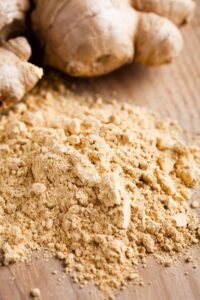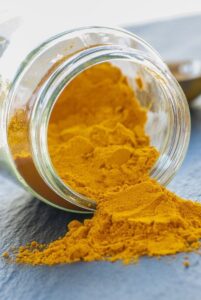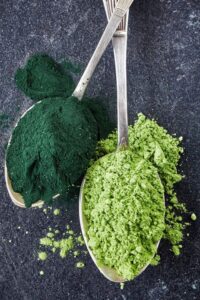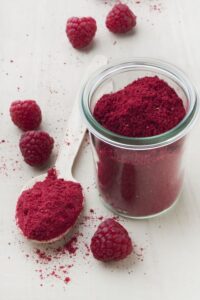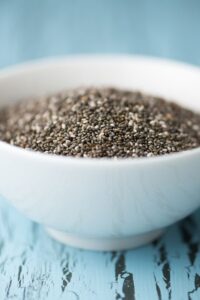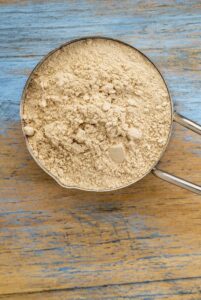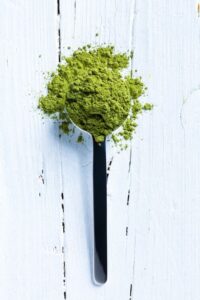Nourish your Body + Mind
The NuVerus philosophy is to promote good health, encourage personal growth, and secure financial freedom.

Digestion

Energy

Stress

Heart

Weight

Sleep
Sourced From Earth’s Most Powerful Superfoods
Best Superfoods, Nutrients & Plant-Based Ingredients.
Nuverus Products
NuVerus brings to you the power of nature through Superfoods, which are developed using wholesome natural ingredients.

Nuverus Energy

Nuverus Plus
Nuverus
Our Mission
Helping people discover and develop their own unique path , unlocking their individual talents, empowering them to turn their dreams into reality, and begin their journey to a healthier life! Our proprietary superfoods are made just for you. At Nuverus, we develop our products from the healthful beauty of nature. Our people are the strength and the driving force behind our opportunities. Our dealers are paramount and our greatest asset. Nuvis’ philosophy is to promote physical health, inspire personal growth and ensure financial freedom.



